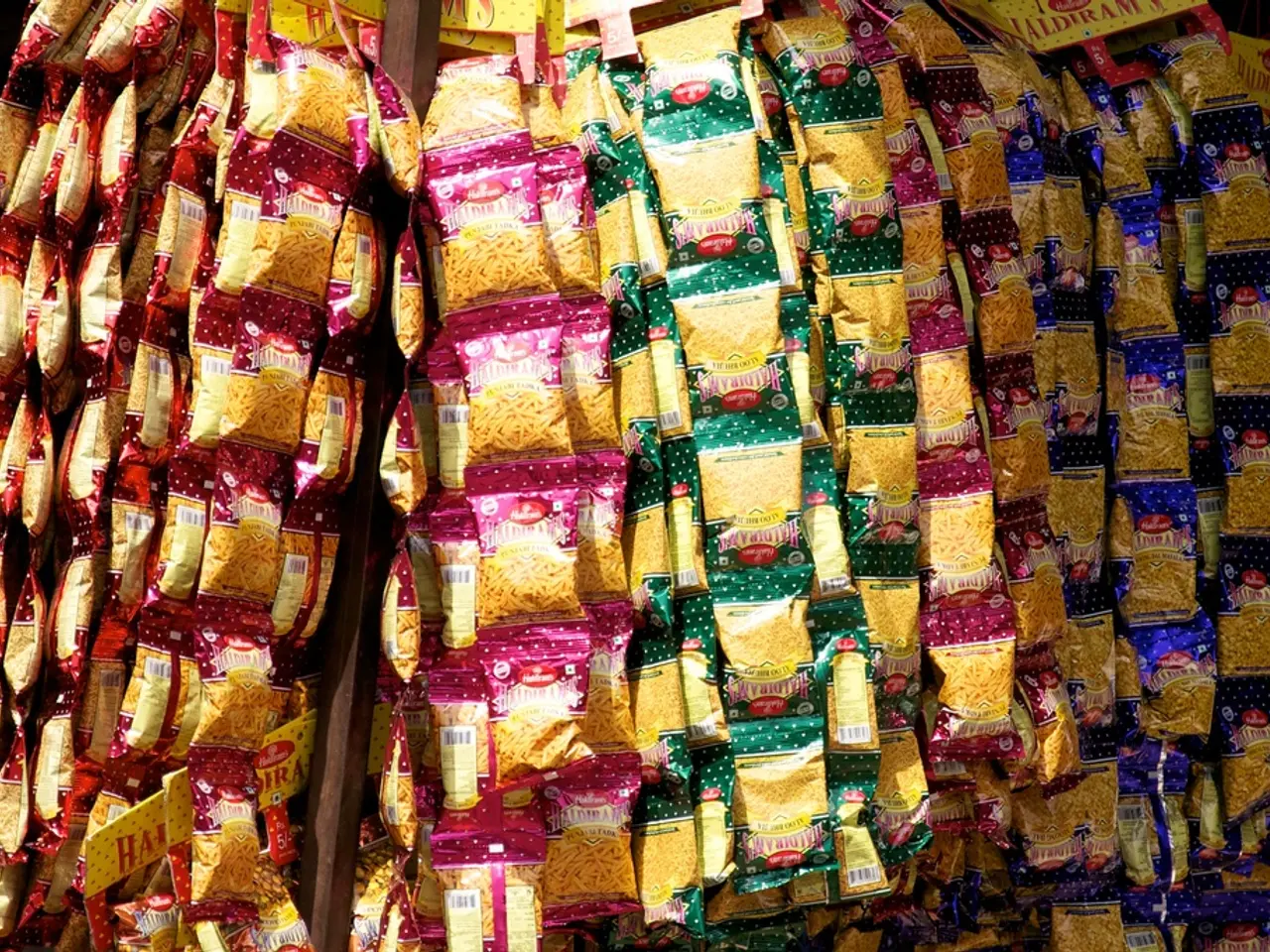Indian Prime Minister Modi set to travel to China for the first time in seven years amid intensifying diplomatic squabbles with the United States.
The US-India trade relationship is facing a significant crisis, with President Trump's administration imposing escalating tariffs on Indian exports and applying political pressure related to India's foreign policies. Trump recently raised tariffs on Indian goods from 25% to as high as 50%, affecting India's exports significantly, including a potential $64 billion export hit[1][2][4][5].
This development has led to economic disruption and political mistrust between the two countries. The tariffs threaten billions of dollars in Indian exports to the US, substantially disrupting trade and hurting Indian manufacturers and exporters[1][5]. The $64 billion export figure likely relates to the scale of trade volumes vulnerable to the higher tariffs and penalties[1][5].
The US is using tariffs as leverage to advance stalled trade negotiations, but this coercive tactic has created mistrust in New Delhi, compounded by US tolerance of Pakistan and pressure over India's Russian oil imports. Indian opposition parties cite the US as a growing external challenge alongside Pakistan and China[1][2][4].
Despite the tensions, both sides continue dialogue with a US delegation expected to visit New Delhi soon. India is also forging alternative trade agreements with other partners like the UK, UAE, Australia, and the European Free Trade Association to reduce dependency on US and China markets[1][3][5].
The trade tensions risk eroding a larger strategic partnership around regional security and technology cooperation. The US’s tough stance on tech sharing and criticism of Indian market policies contributes to lowering trust, potentially undermining collaboration on wider geopolitical fronts[3][4].
The punitive tariffs and disruptive rhetoric have negatively affected business confidence in India, creating uncertainty for companies engaged in US-India commerce, including those targeting production under “Make in India” initiatives[1][5].
On a positive note, India's National Security Adviser Ajit Doval is in Russia on a scheduled visit and is expected to discuss India's purchases of Russian oil and defence cooperation with Russia. Indian Prime Minister Narendra Modi will visit China for the first time in over seven years, according to a government source[6].
The Reserve Bank of India has left its GDP growth forecast for the current financial year unchanged at 6.5% and held rates steady despite tariff uncertainties[7]. India exported goods estimated at around $81 billion in 2024 to the US[8].
The US tariff crackdown could cost India a competitive advantage in approximately $64 billion worth of goods sent to the US, accounting for 80% of its total exports[9]. The US-India trade deal negotiations have been scuttled due to political misjudgement, missed signals, and bitterness[10]. Sino-Indian ties deteriorated sharply after a military clash along their disputed Himalayan border in 2020[11].
In conclusion, the escalation of US tariffs threatens to reduce Indian exports by up to $64 billion, deepening economic disruption and political mistrust between the two countries. While trade talks continue, the trend signals a fragile and increasingly transactional relationship with uncertain prospects for near-term resolution[1][2][3][4][5].
References:
- The Economic Times
- Bloomberg
- The Diplomat
- The Hindu
- Reuters
- NDTV
- LiveMint
- The Hindu
- The Economic Times
- The Diplomat
- The Hindu
The escalating tariffs imposed by the Trump administration on Indian exports have created a significant impact on the business sector, negatively affecting confidence for companies engaged in US-India commerce, such as those targeting production under the "Make in India" initiatives. The disruption in trade due to the tariffs also threatens political relations between the two countries, making general news headlines.
For the travel industry, the tension between the US and India can potentially hinder tourism and business travel between the two nations, creating economic consequences and affecting bilateral relations. Concurrently, the political instability caused by this trade conflict can also shape the broader landscape of global political news and international relations, with India possibly seeking to establish alternative partnerships.





